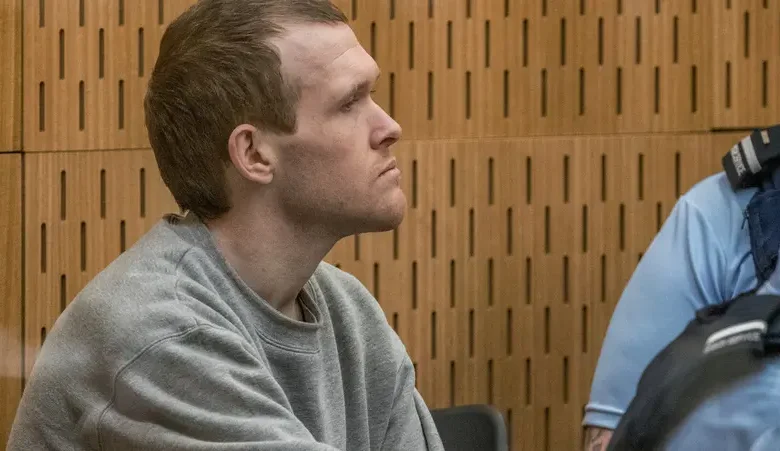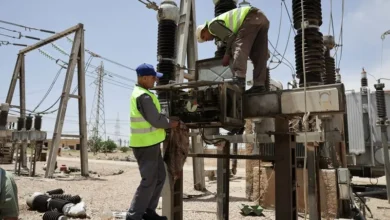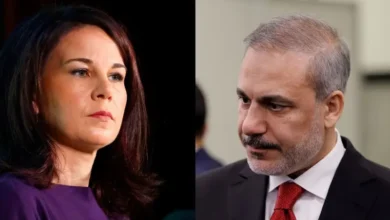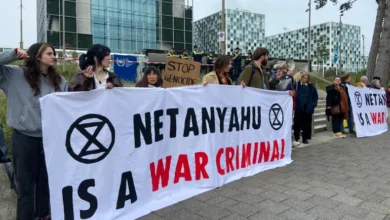New Zealand mosque attacker radicalized ‘earlier than thought’: Research

The white supremacist who murdered 51 people in the 2019 New Zealand mosque shootings was radicalized “earlier than previously thought,” researchers have found after discovering violent posts written years before the atrocity.
Brenton Tarrant shot and killed 51 Muslim worshippers across two Christchurch mosques in March 2019, carrying out New Zealand’s deadliest modern-day mass shooting.
New Zealand researchers have been pouring through Tarrant’s posts on notorious online message boards to better understand what sparked the atrocity — and if it could have been prevented.
They discovered Tarrant started formulating his plan to attack people of color inside places of worship at least four years before the Christchurch killings.
The new research, published Wednesday, clashes with a 2020 government inquiry that found that Tarrant “was not a regular commenter on extreme right-wing sites.”
“He radicalized a lot earlier than previously thought,” University of Auckland lecturer Chris Wilson, who led the research team, said.
Two threads in March and August of 2018 indicated his growing hatred of the Muslim community, Wilson said, as well as his hardening resolve to carry out some kind of attack.
“This is a test case of one of the worst far-right terrorists ever,” Wilson said.
“We know now how he radicalized and how he got to that point, so we can use that.”
As most of Tarrant’s posts were anonymous, the researchers used a combination of indicators to unravel his identity — such as the time, date, and location of his posts.
Wilson said he would like to see the new research used by government agencies to help identify people before they were fully radicalized.
“We need to be focusing and looking in the right places, using the resources in a more sophisticated way,” he said.
“We have five years, which to a large extent have been wasted, so I think we need to be a little more targeted and clever about it.”
Tarrant live-streamed the killings on social media and published a manifesto online before carrying out the attacks.
He was sentenced in August 2020 to life imprisonment without parole, after admitting to 51 charges of murder, 40 of attempted murder and one of terrorism.










